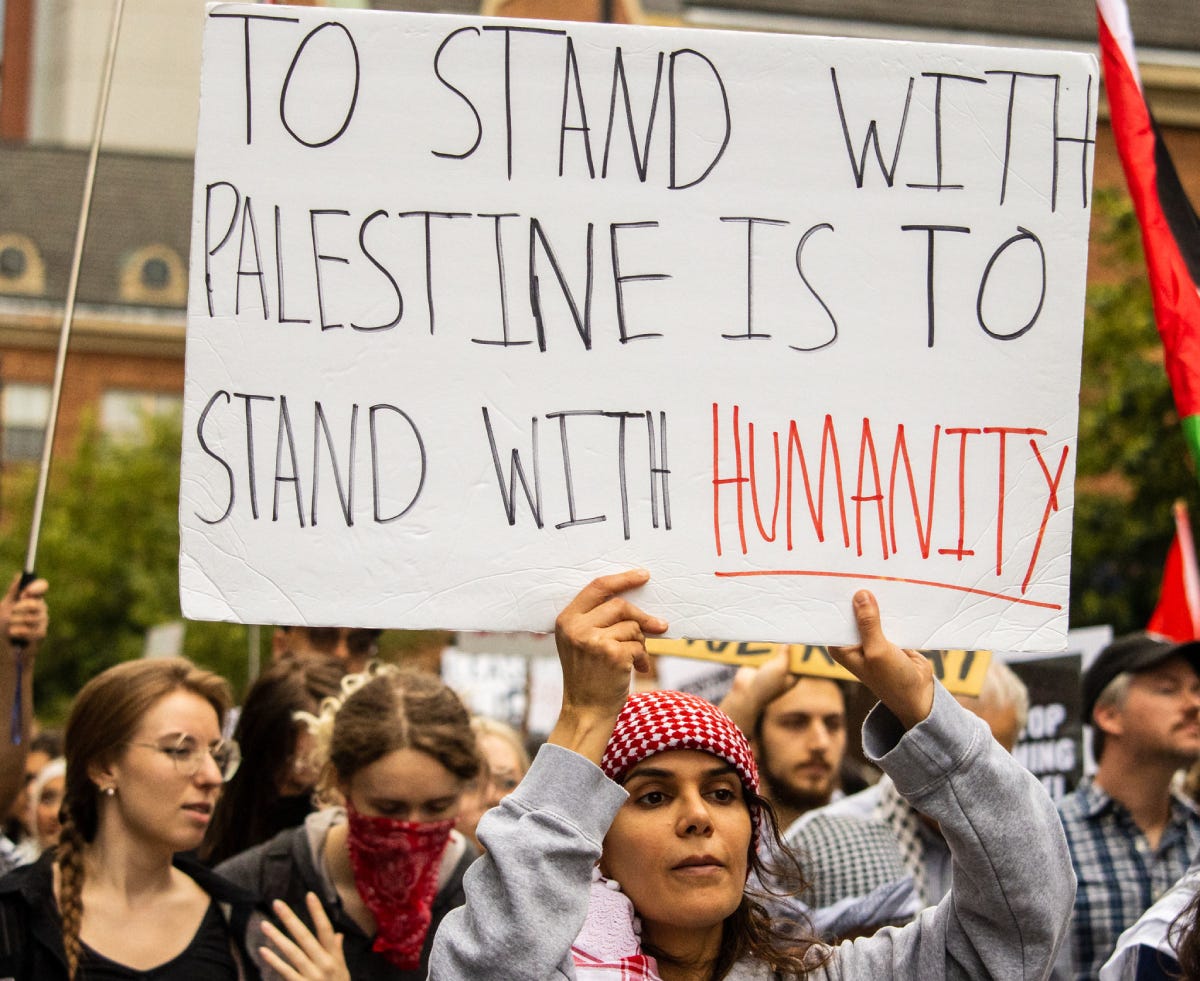The limits of political "strategy"
We lose our humanity when we demand, for the sake of "strategy", silence in the face of suffering.

Cooper Lund:
What good is being right all the time if being right all the time pushes away people you want to reach by making it seem like you have bad vibes? Sometimes you sit things out and gain from it. Optics matter…It might make you feel smart, but it’s almost certainly others away so ma…
Keep reading with a 7-day free trial
Subscribe to Carl Beijer to keep reading this post and get 7 days of free access to the full post archives.




